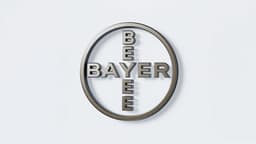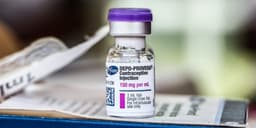Home / Health / Bayer Stroke Drug Trial Shows Promise
Bayer Stroke Drug Trial Shows Promise
24 Nov, 2025
Summary
- Experimental stroke prevention drug Asundexian showed reduced risk of second stroke.
- Treatment with Asundexian did not increase bleeding risk in patients.
- Bayer's shares rose nearly 10% on positive trial results.

Bayer has announced encouraging late-stage trial results for its experimental stroke prevention drug, asundexian. In the trial, patients receiving a 50mg daily dose of the inhibitor, in conjunction with standard anti-platelet therapy, experienced a significantly reduced risk of a second stroke compared to those on a placebo. This outcome is particularly significant for individuals who have already suffered a non-cardioembolic ischemic stroke or a high-risk transient ischemic attack.
The trial also indicated that treatment with asundexian did not lead to an increased risk of bleeding, a crucial factor for patients requiring anticoagulation therapy. Full trial results are slated for presentation at an upcoming scientific congress. The positive development provides a welcome respite for Bayer, which has been navigating declining sales of key drugs and ongoing litigation.



